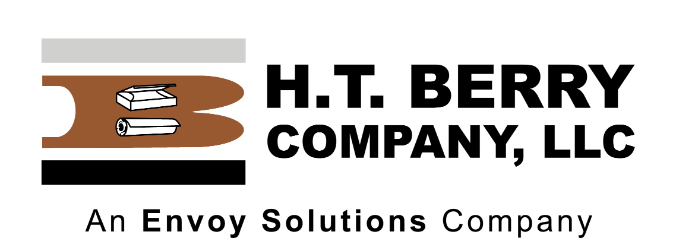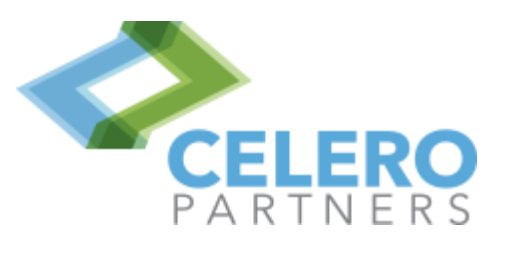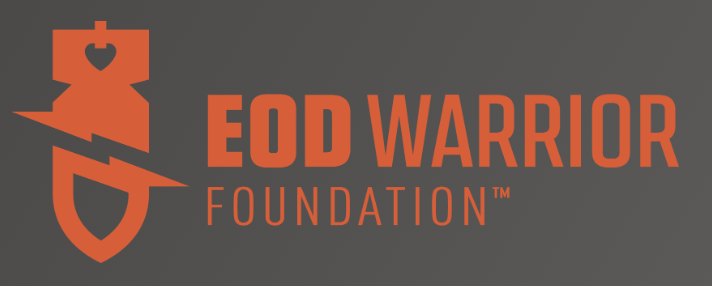Your Link Building Activities Need to Be Relevant!
Categorized in: SEO
At Brick Marketing, we are advocates of strictly white hat link building. That means that we believe that SEO campaigns need to play by the rules set forth by the search engines (as best as we can understand them anyway) and avoid anything that might land our clients’ websites in hot water. There are a lot of different things you have to take into account when deciding whether or not a link is white hat, and one of those qualifications is relevancy.
Directly Relevant Link Building
 Directly relevant link building is when you focus on creating links on sites that line up perfectly with your niche. For instance, as an SEO company, we’re looking to get links on popular SEO industry blogs by submitting guest posts, join local and national SEO associations that would not only be great for exposure and networking but also include our company listing (and link) on their website, be a guest speaker or sponsor at SEO conferences that would include a link back to our site and so forth. The search engines like to see a link building portfolio that makes sense and having relevant links means your site is connecting with other related sites and there is a real reason (other than just getting a link) for your site and theirs to be linked. It’s about providing people who are interested in a particular topic with links that are relevant to those interests.
Directly relevant link building is when you focus on creating links on sites that line up perfectly with your niche. For instance, as an SEO company, we’re looking to get links on popular SEO industry blogs by submitting guest posts, join local and national SEO associations that would not only be great for exposure and networking but also include our company listing (and link) on their website, be a guest speaker or sponsor at SEO conferences that would include a link back to our site and so forth. The search engines like to see a link building portfolio that makes sense and having relevant links means your site is connecting with other related sites and there is a real reason (other than just getting a link) for your site and theirs to be linked. It’s about providing people who are interested in a particular topic with links that are relevant to those interests.
For example, if you are a software development company it makes perfect sense for you to have profiles (with links) on forums for software developers and programmers and answer user questions, contribute code to open source project sites, publish white papers on a site sponsored by a company like Oracle and so forth. These relevant link building activities are directly related to your niche and your brand. They are quality sites your target audience uses to find information that pertains to your products/services.
Keep in mind that just because a site is relevant that doesn’t always mean it’s a good place to get a link. There are plenty of low-quality, spammy SEO sites and blogs out there that we wouldn’t want to touch with a 10 foot pole, no matter how many links they’d give us. Some of them steal or spin content, others might be too ad heavy or stuffed with keywords and invest in link exchanges which is why it’s important to thoroughly examine a website before attempting to obtain a link from it. Review multiple pages to make sure the content is free of spelling and grammar errors and speaks to the proper audience. Remember, the topic of the site might be relevant but relevancy is only one factor when determining what makes a good link.
Indirectly Relevant Link Building
Indirectly relevant link building involves getting links from sites that don’t necessarily exist in your exact niche, but operate in a related vertical that still appeals to your target audience. For example, we may be an SEO company but we know that social media marketing has a big influence on the long-term success of an SEO campaign (especially with the rise of social signals which convey interest to the search engines), so we’re going to look to get links from sites that are about social media marketing and other related verticals such as content marketing, video marketing, and other forms of online marketing that impact SEO in the end.

Indirectly relevant link building also means getting links from sites that are relevant to your customers, even if they aren’t as relevant to you. For example, a company that provides sales outsourcing services is targeting sales professionals. What other kinds of websites might a sales professional be interested in? Because sales and marketing are so closely related, it would make sense to look for linking opportunities on marketing-focused websites.
The same rules hold true for indirectly relevant link opportunities. Before pursuing any link, make sure it is from a high quality site that attracts target audience members. To gauge its popularity, check out its social media presence. Is the site active in social media? Does it have many followers? Do those followers match the profile of your target audience?
Chances are there are only so many sites that exist 100% in your niche (and aren’t your competitors) that are high quality and provide link opportunities. That’s when it’s time to focus on indirectly relevant link building. These sites typically have more to do with your audience and their needs and are still a great place to find targeted traffic for your website.
LIKE AND SHARE THIS ARTICLE:






















































